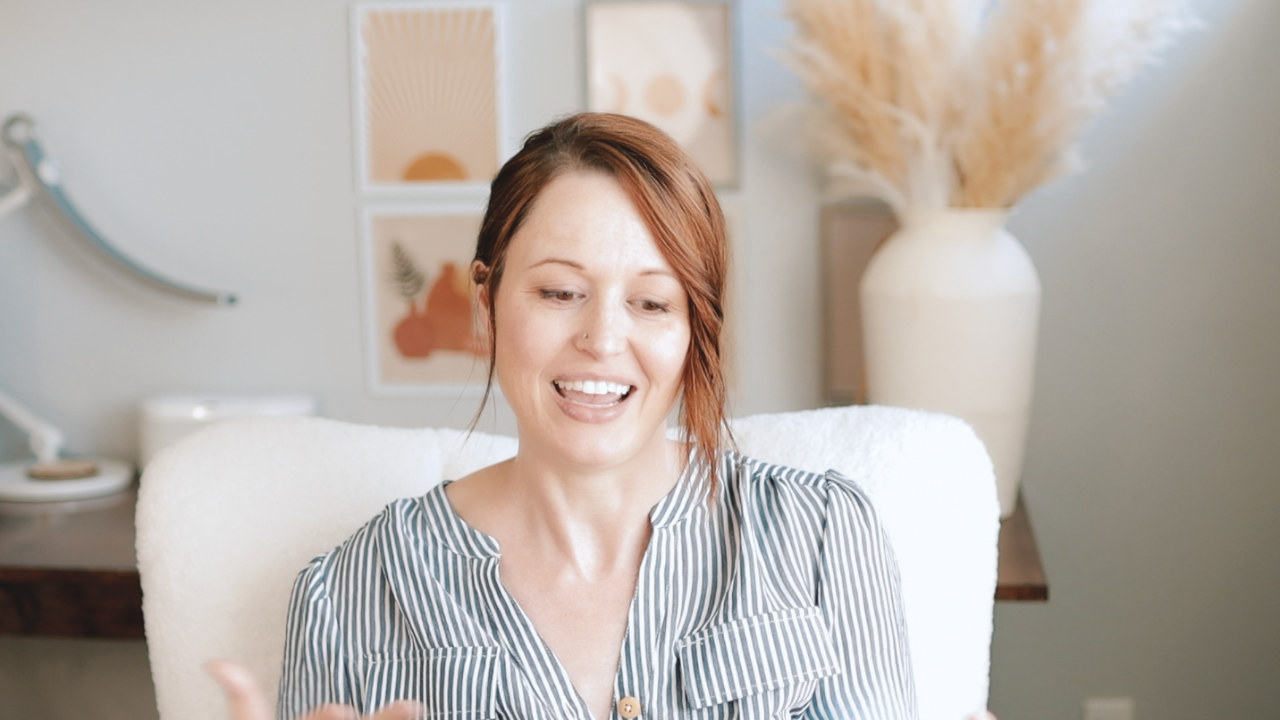How to Help Someone Else Declutter
Nov 08, 2023
Helping someone else declutter can be both a supportive and, let's admit it, sometimes challenging adventure. You see, decluttering isn't just about tossing out random stuff; it often means making tough decisions about what to keep and what to let go of, especially when there are sentimental attachments involved. But don't fret! I've got a handy step-by-step guide to assist you in helping them declutter, and we'll try our best to do it without causing offense or confusion.
Here are some steps and tips to consider:
1. Discuss their goals
Half of the battle with creating a clutter-free space is the vision. Getting clarity is always the hardest part, and that clarity, more often than not, comes from having a conversation. You don’t even have to have the solutions; just be a sounding board.
Have an open conversation about why they want to declutter and what benefits this could have for them- without being pushy, try to let them do the talking. Future pacing is key for any change. People have to see. Also, that’ll help you understand their motivations and understand more ways you could potentially help them.
2. Offer visual inspiration
Share pictures of inspo that would work great for their rooms. Scroll through Pinterest boards together.
3. Create a plan
Work together to create a decluttering plan. Planning things out can be boring. It’s a lot more fun with a friend. Write out areas they want to tackle first, what they want to use their spaces for, and when would be the strongest time to do this- when they’ll have the most energy or the weather will be the most ideal. Plans make things real, and they take away a lot of the overwhelm and anxiety.
4. Help set up
You can bring and label the boxes as keep, donate, sell, or discard. Each layer of helping adds more reality to the project. A sorting system that they can see can help them make decisions more easily.
5. Guide the flow
Focus on one area or category at a time. A lot of people try to do too much at once, and you can make this process so much easier by guiding them to a specific drawer or cabinet. So many people just don’t know how or where to start; you can take some of that decision fatigue off their plate.
6. Ask guiding questions
Help them make decisions about items by asking questions like:
- When was the last time you used this?
- Does this item bring you joy or serve a purpose?
- Do you have more than one of these?
- Would someone else get more use out of it?
7. Encourage limits
Remind them of their overall plan and goal and encourage them to stick to their limit goals. If their goal was to have space in their closet for a laundry hamper, encourage them to stick to that goal by not holding onto more hanging clothes than there’s space for.
You don’t have to force or get irritated; just encourage and remind them of the goals they set for themselves. Always Maintain boundaries. While you can offer suggestions and guidance, respect their final decisions about what to keep and what to let go of.
8. Celebrate progress
If nothing else, you’re a cheerleader. Acknowledge their achievements as you go along. Say things like, “Wow, look at how much we’ve done already. This looks amazing!
9. Coordinate donations or disposal
Assist with the logistics of donating items or arranging extra trash pickups. If you’re willing, you could do a drop-off for them. Or you could just call and help schedule a donation pickup. This can make it easier for them to let go of things.
10. Stay Objective
While offering your opinion and guidance might be helpful, remember to stay objective and avoid pressuring the person into making decisions they're not ready for.
11.Limit Time
You could be the timekeeper- set a specific timeframe and do time-checks to keep things on track and prevent burnout.
12. Digital Decluttering
If you’re a techy person (like, say, maybe you’re helping your mom or grandma with their computer) you could offer to set up some digital decluttering solutions.
13. Do a Safety Check
Check for expired items, hazardous materials, cords across the floor, and any items that might pose a safety risk.
14. Offer Practical Solutions
If the person is struggling with organization, offer practical solutions such as storage containers, shelves, and hooks to help them maintain the organized space
15. Group Similar Items
Organize items by category. This can help the person see how many duplicates they have and make more informed decisions. Grouping items by use can also be helpful for organizing.
16. Document the Progress
Take before-and-after photos of the decluttering process. Seeing the transformation can be inspiring and motivating
17. Professional Help
In some cases, you can help them seek professional help, whether that’s through a therapist or hiring help to move things
18. Lead by Example
If you've gone through your own decluttering journey, share your experiences and lessons learned. Leading by example can be a powerful motivator
19. Hands-On Sorting
Offer to physically assist in sorting through items. This can speed up the process and make it less overwhelming for the person.
20. Physical Assistance
Help move and rearrange furniture or heavy items as needed to optimize the space
21. Offer a "Two-Person" Rule
Sometimes, it's helpful to have someone else present to provide an objective perspective. Offer to be the second opinion when deciding whether to keep or let go of certain items.
22. Research and Resources
If the person is unsure about how to dispose of certain items, do some research to find appropriate recycling or disposal methods
23. Creating a Decluttering Playlist
Curate a playlist of upbeat and motivating music to play during the decluttering process
24. Charity or Garage Sale
Help organize a charity drive or garage sale for items the person wants to donate or sell
25. Educational Resources
Share articles, books, or videos about minimalism, decluttering, and organizing that might inspire the person.
Remember that your role is to support and assist, not to dictate or make decisions for them. Everyone's comfort level with decluttering is different, so adjust your approach to align with their needs and preferences.


